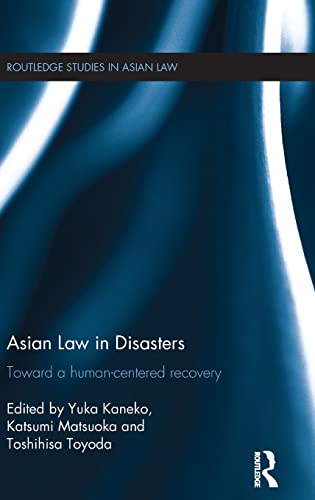

Most ebook files are in PDF format, so you can easily read them using various software such as Foxit Reader or directly on the Google Chrome browser.
Some ebook files are released by publishers in other formats such as .awz, .mobi, .epub, .fb2, etc. You may need to install specific software to read these formats on mobile/PC, such as Calibre.
Please read the tutorial at this link: https://ebookbell.com/faq
We offer FREE conversion to the popular formats you request; however, this may take some time. Therefore, right after payment, please email us, and we will try to provide the service as quickly as possible.
For some exceptional file formats or broken links (if any), please refrain from opening any disputes. Instead, email us first, and we will try to assist within a maximum of 6 hours.
EbookBell Team

4.1
80 reviewsThis book is a critical analysis of several of the most disaster-prone regions in Asia. Its unique focus is on the legal issues in the phase of disaster recovery, the most lengthy and difficult stage of disaster response that follows the conclusion of initial emergency stage of humanitarian aid. In the stage of disaster recovery, the law decides the fate of reconstruction for the individual houses and livelihoods of the disaster-affected people and sets the limit of governmental support for them during the lengthy period of suspension of normal living until full recovery is obtained. Researchers who were participant-observers in the difficult recovery phase after the mega-disasters in Asia analyse the reality of the functions of law which often hinder, rather than foster, efforts to restore disaster victims’ lives. The book collects research conducted with an emphasis on empirical approaches to legal sociology, including direct interviews with people affected by the disaster. It offers a holistic approach beyond the traditional sectionalism of legal studies by starting with a historical review and incorporating both spheres of public law and private law, in order to obtain a new perspective that can concurrently achieve disaster risk reductions and human-centered recoveries.
With particular emphasis on the unexplored area of law in the post-disaster recovery phase, this book will attract the attention of students and scholars of disaster studies, legal studies, Asian studies, as well as those who work in the practice of disaster management.